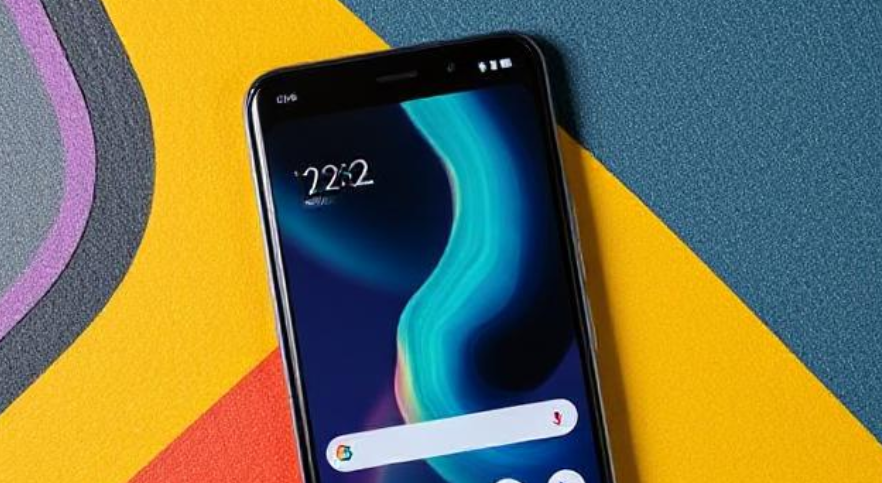In an age where technology is often blamed for alienation, distraction, and emotional disconnection, a surprising truth emerges: the right technology can actually make us more human.
Rather than replacing human connection, innovative tools—when designed ethically—can deepen empathy, foster creativity, and strengthen relationships. This article explores how technology, when used intentionally, can help us reclaim our humanity in an increasingly digital world.
1. The Paradox of Technology: Isolation vs. Connection
The Fear: Technology Dehumanizes Us
Critics argue that:
-
Social media replaces face-to-face interaction.
-
AI chatbots simulate empathy without real understanding.
-
Algorithmic feeds keep us addicted but emotionally unfulfilled.
The Counterargument: Technology Enhances Humanity
When designed with human-centered values, technology can:
✅ Amplify empathy (e.g., VR experiences that build compassion).
✅ Bridge distances (e.g., video calls connecting families globally).
✅ Encourage self-reflection (e.g., mindfulness apps).
The key? Intentional use—not passive consumption.
2. How Technology Can Deepen Human Connection
A. Virtual Reality (VR) for Empathy Building
-
Medical training simulations help doctors understand patient pain.
-
VR documentaries (e.g., Clouds Over Sidra) immerse users in refugees’ lives.
-
Therapeutic VR helps PTSD patients process trauma safely.
“VR doesn’t just show you someone’s story—it lets you live it.”
B. AI That Enhances, Not Replaces, Human Interaction
-
Mental health chatbots (Woebot, Replika) provide 24/7 support.
-
AI-assisted therapy tools help human therapists personalize care.
-
Language translation apps break down cultural barriers.
“The best AI doesn’t mimic humans—it empowers them.”
C. Social Media Designed for Meaningful Engagement
-
Apps like Cocoon prioritize close-knit family groups over viral content.
-
Slow social media (e.g., Substack, Letterboxd) fosters deeper discussions.
-
Digital well-being tools (screen time trackers, focus modes) encourage mindful usage.
“What if social media helped us disconnect… to reconnect?”
3. Technology as a Tool for Self-Discovery
A. Wearables That Improve Emotional Awareness
-
Biometric feedback (WHOOP, Oura Ring) tracks stress and recovery.
-
Mood-tracking apps (Daylio, Moodfit) help users recognize emotional patterns.
B. Digital Journaling and Reflection
-
Apps like Reflectly use AI prompts to encourage introspection.
-
Voice memo journals capture raw, unfiltered emotions.
“Technology can hold up a mirror—if we let it.”
C. AI as a Creative Partner
-
Tools like ChatGPT help writers overcome blocks.
-
Generative art (Midjourney, DALL·E) inspires human artists.
“AI doesn’t replace creativity—it reignites it.”
4. The Ethical Challenges: Keeping Technology Human
A. Avoiding the “Digital Pacifier” Effect
-
Tech should supplement—not replace—real-world interaction.
-
Example: A meditation app is helpful, but silent walks in nature are irreplaceable.
B. Fighting Algorithmic Dehumanization
-
Social media must prioritize well-being over engagement metrics.
-
Example: Instagram’s “Take a Break” reminders are a small but meaningful step.
C. Ensuring Accessibility Without Dependency
-
Assistive tech (prosthetics, speech-to-text) empowers—but shouldn’t be the only option.
5. The Future: A More Human Digital World
A. “Calm Technology” Movement
-
Devices that blend into life (e.g., smart lights that mimic sunrise).
-
Less intrusive notifications.
B. Decentralized Social Networks
-
Smaller, community-focused platforms (e.g., Mastodon, Discord).
C. AI That Understands Emotional Nuance
-
Future chatbots might detect grief, joy, or anxiety—and respond appropriately.
Conclusion: Technology as a Bridge, Not a Barrier
The most transformative technologies don’t make us more machine-like—they help us rediscover what makes us human. By using tools mindfully and ethically, we can:
✔ Strengthen relationships
✔ Deepen self-awareness
✔ Foster global empathy
The choice is ours: Will we let technology isolate us—or use it to become more connected, more creative, and more human than ever before?
“The real question isn’t whether technology is good or bad—but whether we use it to hide from life or to live more fully.”
Discussion Questions
-
Has a piece of technology ever made you feel more connected to others?
-
What’s one app or device that helps—not harms—your humanity?
-
How can we push tech companies to prioritize human well-being over profits?
Let’s continue the conversation in the comments! 🚀


